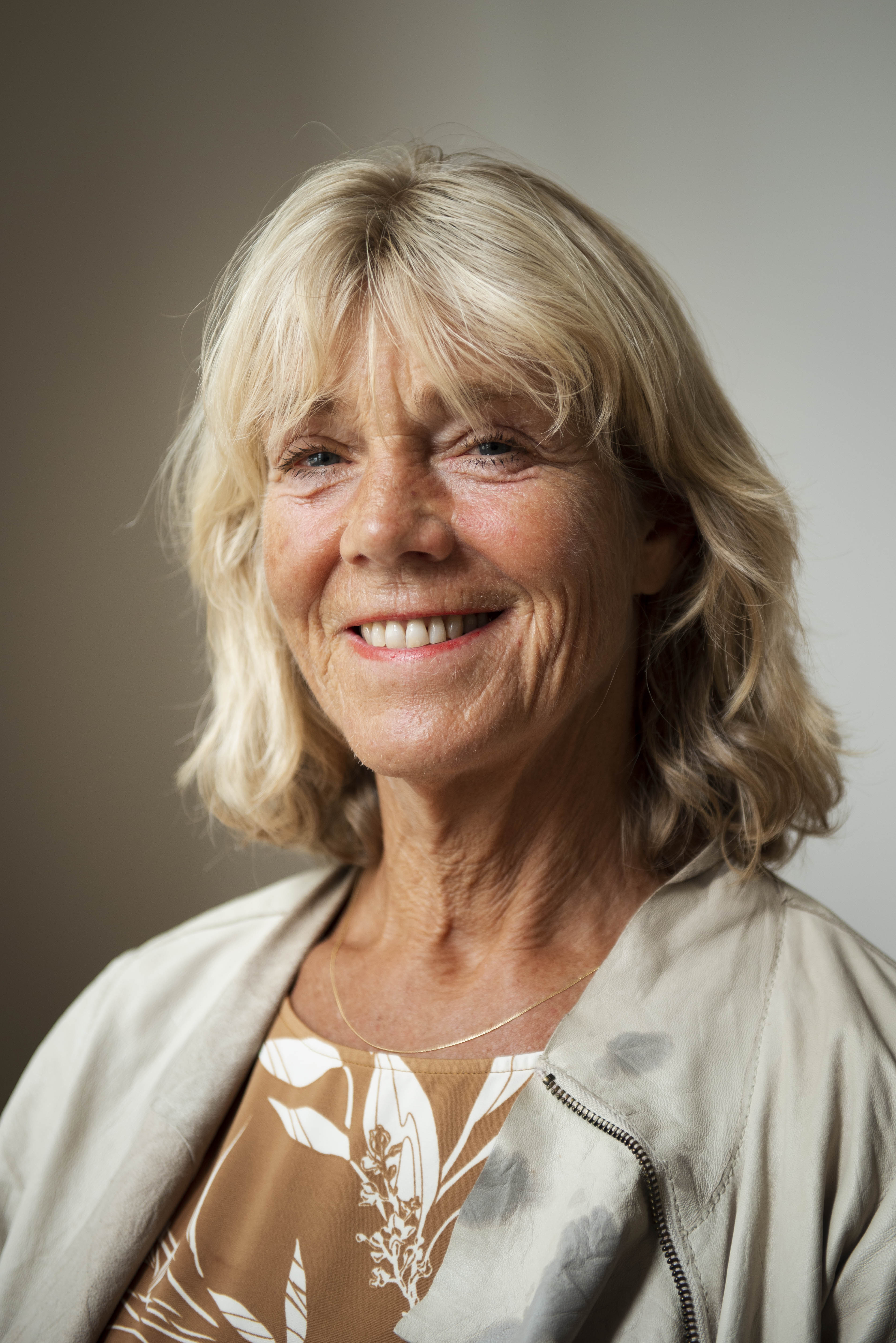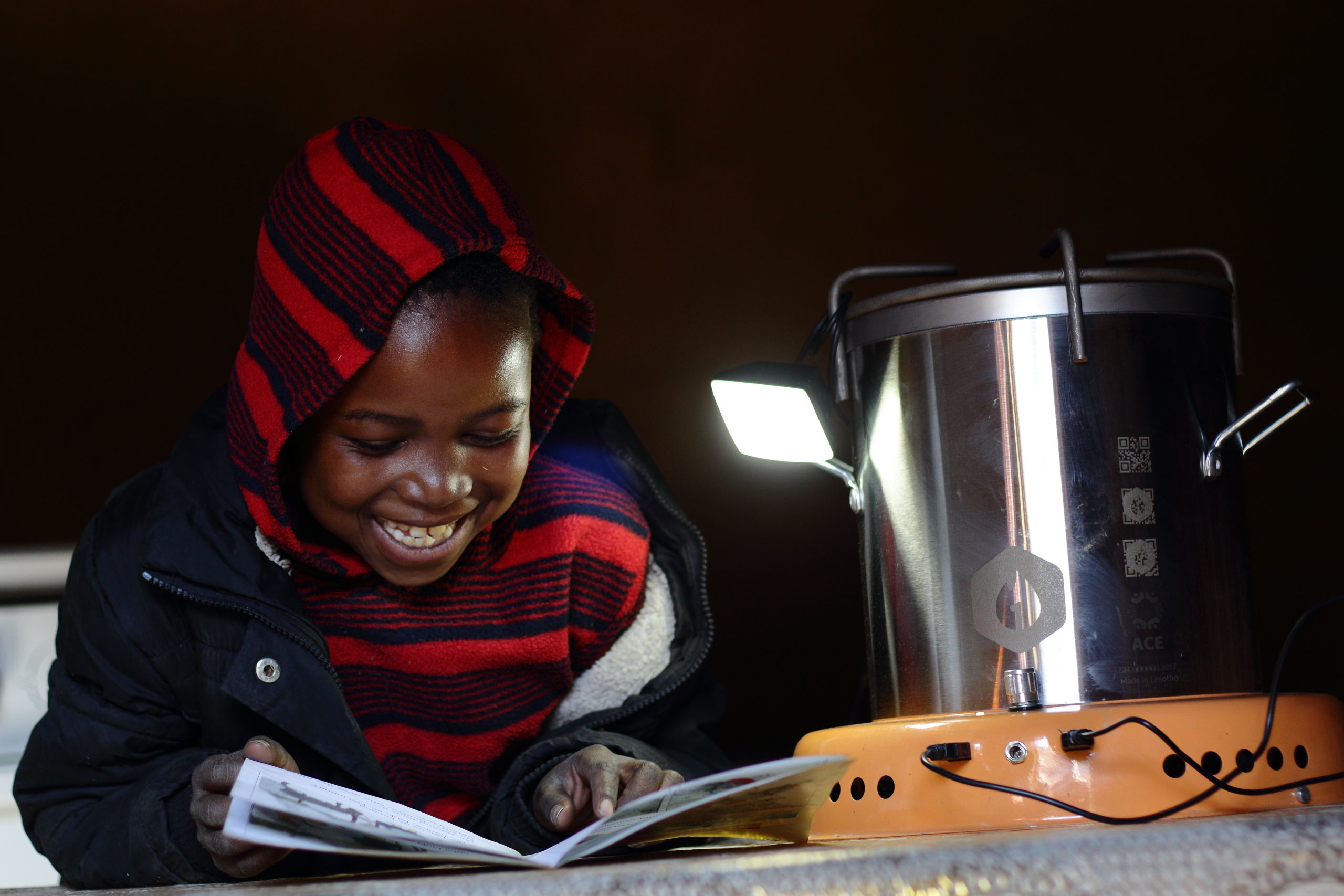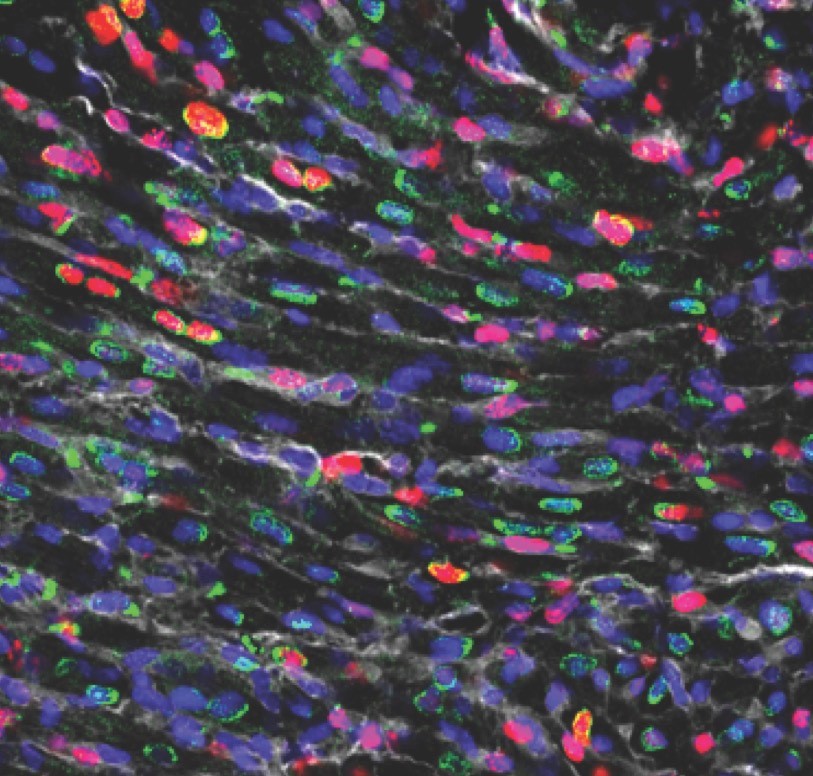News
-
In honour of the presentation of the VNVA Els Borst Prize for her oeuvre, Prof Marlies Bongers is organising the symposium "menstruation in RED on the agenda" on 1 October.
-
In women trying to conceive, 1-3% experience repeated miscarriages. For more than 50% of these women, a cause for the miscarriages has yet to be found. New research from Maastricht University (UM) and the Maastricht University Medical Centre+ (MUMC+) shows that the immune system’s Natural Killer (NK...
-
The European Commission has awarded €23 million to set up a new platform for drug repurposing: the use of existing drugs in diseases other than those for which they were originally developed. In the next seven years UM will develop the platform REPO4EU (precision drug REPurpOsing for Europe)...
-
In a new study, PhD student Esther Boudewijns developed two practical tools to improve the implementation of cleaner cooking in low-wage countries. The results of the research will be published on June 16 in The Lancet Planetary Health.
-
Dr. Willemijn Janssen was awarded the Young Outstanding Researcher Award by Alzheimer Nederland.
-
When breast cancer has spread to lymph nodes in the armpit, extensive imaging studies are performed and tumour characteristics are determined prior to surgical removal. Research initiated at Maastricht UMC+ aims to clarify the extent to which an accurate assessment can be made of possible responses...
-
The Province of Limburg has awarded a second tranche of subsidy of 2,040,000 euros to the 'Kennis-As' project LIME (LImburg MEet). LIME has proven itself in recent years as an accessible and interdisciplinary knowledge center and innovation platform for healthcare.
-
15 organisations involved in animal testing in the Netherlands have signed the Dutch Transparency Agreement on Animal Testing with a commitment to communicate in a more open way about how animals are used in research. This agreement was drafted by various Dutch researchers in collaboration with the...
-
Scientists and cardiologists have known for decades that once a piece of heart muscle has died, for example due to a heart attack, it will never grow back. However, a research group from Maastricht University led by Professor Leon de Windt has now shown that by tinkering with microRNAs, heart muscle...
-
Maastricht researchers argue that urgent measures are needed to tackle loneliness in society. Aside from their mental welfare needs, people who suffer from severe or very severe loneliness incur 40 to 50 percent higher healthcare costs up to a year later compared to people who don’t feel lonely. The...







